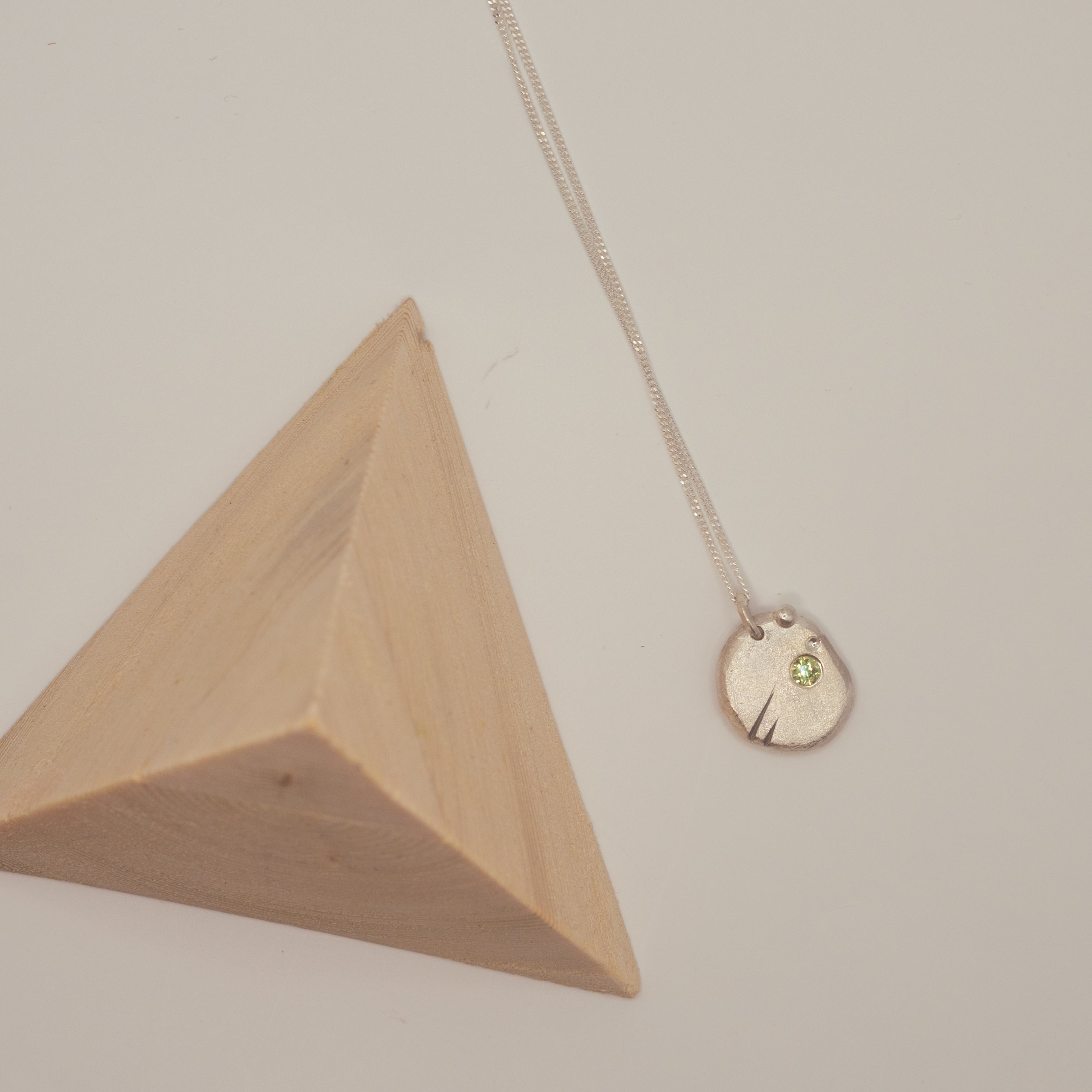As we find ourselves immersed in the joyous spirit of the festive season, I am compelled to share some reflections on the profound essence of sustainability and its transformative impact on our world. At Mo Ghrian - Jewellery Art, our commitment to sustainability extends beyond the creation of exquisite one-off pieces; it is a conscious choice to be a force for positive change in the realm of fine jewellery. However, the question looms: Is it enough?
Are We Sustainable? Yes, but Not Enough.
In a world driven by consumerism, it's crucial to acknowledge that our efforts, while significant, are mere ripples in the vast ocean of global consumption. Sustainability is a collective responsibility, and every mindful decision contributes to a more harmonious future. While our focus remains on crafting timeless pieces from recycled precious metals and fair trade gemstones, we recognize the broader challenge at hand.
We strive for transparency and honesty with our cherished community. Our sustainable practices, though impactful, are just one facet of the larger picture. The truth is, the transformative power of sustainability extends beyond individual choices to the collective consciousness of consumers.
The truth is that sustainable practices are an endless subject, constantly evolving. When we say we are not sustainable enough, it's an acknowledgement that propels us to improve continuously. We will keep practising, supporting, and raising awareness because every significant change starts with the first step, and we are proud to be part of this global movement.
Conscious Consumerism vs. Mass Production
Beyond the solid statement about the quality and longevity advantages of a conscious consumerism approach, let's delve into some comparisons using the Triple Bottom Line from John Elkington:
Environmental Impact:
- The fashion industry contributes to about 10% of global carbon emissions, according to the United Nations.
- One garbage truck of textiles is landfilled or incinerated every second, says the Ellen MacArthur Foundation.
- Sustainable practices, such as using recycled materials and minimizing waste, can significantly reduce the environmental footprint.
Social Impact:
- Approximately 152 million child laborers worldwide, according to the International Labour Organization (ILO).
- Ethical and sustainable brands prioritize fair labor practices, combating issues like child labor and exploitation in the supply chain.
Economic Impact:
- Supporting local and small businesses, often adhering to sustainable practices, positively impacts local economies.
While these data points provide a broad overview, ongoing research continues to shape our understanding of the impacts of conscious consumerism versus mass production.
Why Support Us?
In supporting Mo Ghrian, you are not merely investing in exquisitely crafted jewellery; you are endorsing a philosophy that seeks to redefine the narrative surrounding consumerism. Small businesses like ours maintain a tight grip on both quality and ethical practices. As we grow, we strive to preserve these core principles, fostering an environment where conscious choices are at the forefront.
Though we may be a tiny drop in the vast ocean of the economic system, we aspire to be a golden drop – a symbol of excellence, integrity, and sustainability. Every piece you purchase is not just a testament to your individual style but a collective step towards a more responsible and mindful approach to consumption.
Thank you for being part of our journey.
Warm regards,
Fabio Oliveira.




